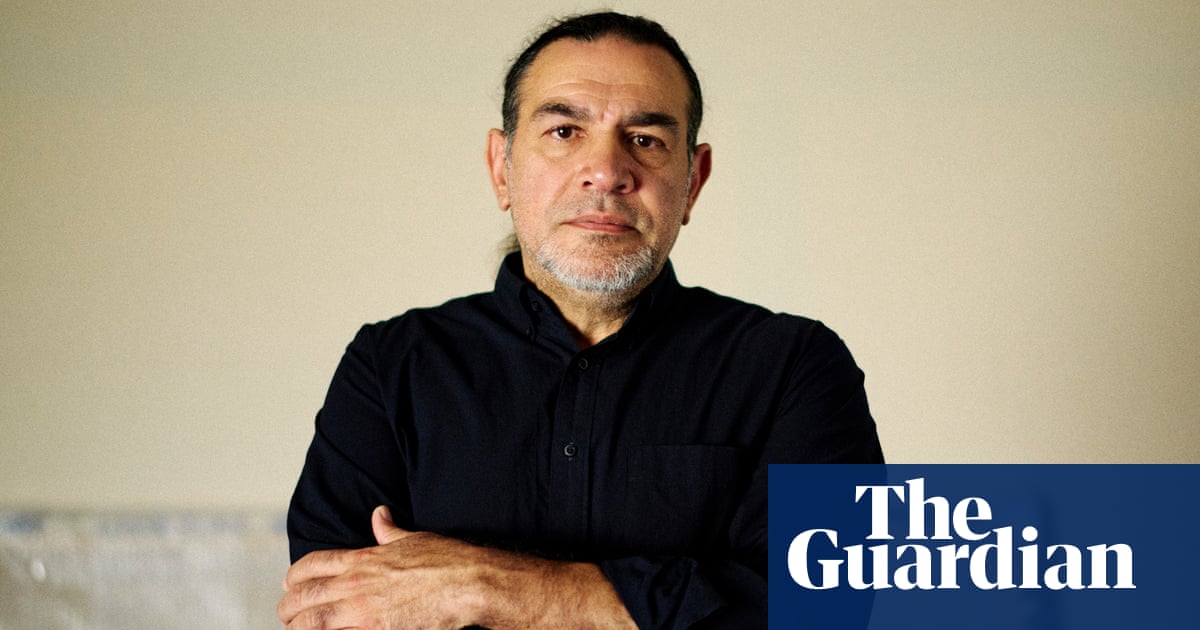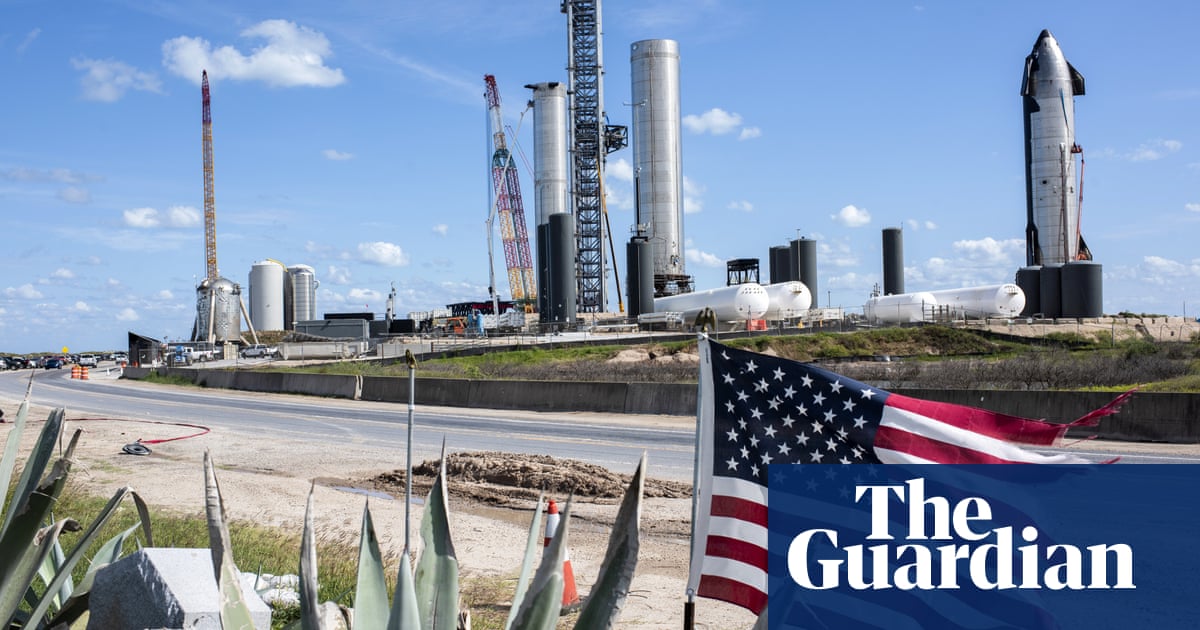As with any close-knit family, the transatlantic partnership between the United States and Europe that was forged from a cataclysmic world war has passed through occasional rough moments.
European powers’ refusal to join in President George W. Bush’s “war of choice” in Iraq in 2003 is one example. The fallout from President Barack Obama’s swipe at NATO partners as “free riders” unwilling to pay their fair share for their own security is another.
But the stark message of fraying bonds, growing disregard, and diverging values that senior Trump administration officials laid out for shocked European leaders last week has diplomats and seasoned observers asserting that this is more than a passing family spat.
Why We Wrote This
A story focused on
For almost eight decades, the transatlantic alliance created mutual prosperity and brought peace to a war-prone Europe. But U.S. questioning of shared values, especially Vice President JD Vance’s foray into German politics, is seen as a watershed.
Instead, they see a fundamental shift that could eventually spell the end of a nearly eight-decade-old bond that – at least until Russia’s war in Ukraine – kept a Europe that has been prone to war mostly at peace. The alliance also promoted a mutual prosperity through intense economic ties that was the envy of the world.
“It’s a watershed, that I would say for sure,” says Michael Desch, director of the Notre Dame International Security Center in Indiana. “This is a sharper tear in a fraying that began with Bush 43 and even before, so I don’t think there is any going back.”
When Defense Secretary Pete Hegseth told a Brussels gathering of his European colleagues that the U.S. could no longer be counted on as Europe’s security guarantor, it was chilling enough. But Europeans have heard before (and failed to heed with a serious response) warnings of America’s shifting geostrategic priorities – specifically to Asia.
More astounding was Mr. Hegseth’s foretelling of high-level U.S.-Russia negotiations over Ukraine that would begin in Saudi Arabia without either European or Ukrainian participation. Those talks, taking up the biggest challenge to European security in the postwar era, are underway this week with only Washington and Moscow at the table – despite requiring European security guarantees for any peace deal.
But for many, what underscored how far relations have shifted was Vice President JD Vance excoriating Europeans for governing by the old “woke” values of entrenched elites instead of adopting the values of their aggrieved populations.
Germans especially were floored when Mr. Vance – knowing Germany holds national elections this week – chose his Munich speech to castigate them for not accommodating the country’s far-right parties, widely seen as harboring neo-Nazi elements.
“The threat that I worry the most about vis-à-vis Europe is not Russia, it’s not China, it’s not any other external actor,” the vice president told his stunned audience. “What I worry about is the threat from within,” which he defined as the denial of rights and freedoms to “minorities,” including far-right political forces.
To underscore his point, he turned down a meeting with German Chancellor Olaf Scholz but sat down with Alice Weidel, co-leader of the extremist Alternative for Germany party.
For many, this was blatant and disruptive interference in domestic electoral politics – not unlike the subtler versions of election meddling that the transatlantic partners have frequently attributed to nefarious outside actors, including Russia and China.
“This is the U.S. trying to influence electoral politics in one of its closest allies and, more broadly, trying to put itself at the forefront of right-wing populist forces in Europe,” says Jeffrey Rathke, president of Johns Hopkins University’s American-German Institute.
“For the most part, these are parties that are not in power,” he adds. “So in effect, when the vice president says the biggest danger to Europe’s security is internal, is the established political parties, it’s the U.S. siding with the opposition – and for that there is no precedent.”
The U.S. and its NATO partners have for decades cited “shared values” as a kind of shorthand for the common commitment to democracy, human rights, and mutual defense that helped the Western allies through occasional disagreements in the past.
So when Mr. Vance decried Europe’s “retreat” from what he called the “most fundamental values … shared with the United States of America,” it signaled to Europeans a fundamental shift in their longtime partner’s interpretation of those values.
“What we’re seeing with Vance’s scolding on values is evidence of the same politicization and culture wars we see in the U.S. being internationalized,” says Dr. Desch. Citing immigration as just one wedge issue that Mr. Vance emphasized in his speech, he adds, “It’s the globalization of American political polarization.”
For some, a growing transatlantic divide over values could eventually call into question the survival of the NATO alliance.
“Can you maintain a collective defense alliance if between the U.S. and the bulk of European countries you have increasingly differing models of society?” says Sven Biscop, director of the Europe in the World program at Egmont – The Royal Institute for International Relations in Brussels.
Washington’s mounting disdain for Europe as a security partner could turn out to be salutary if it pressures European powers to finally take concrete steps toward collective security, says Dr. Biscop, who has long argued for Europe to take on more of its own defense burden.
But at the same time, he says, a growing divide over values would change the nature of transatlantic relations – in particular, the NATO alliance.
“You don’t have to have the same domestic politics to maintain a successful defense alliance,” he says. “But without that element of sharing values, you end up with an alliance that becomes more simply transactional.”
Article by:Source:
















